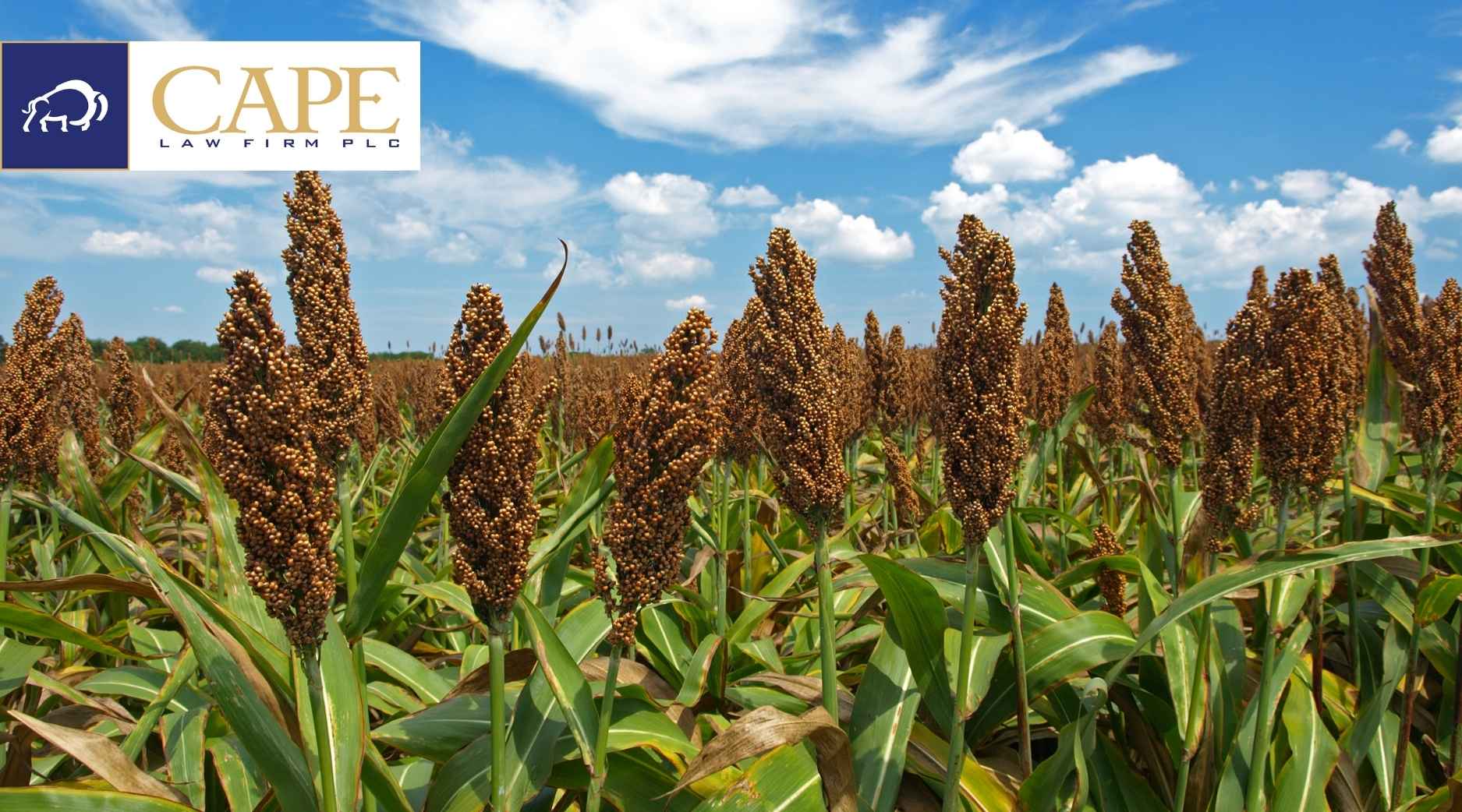Old Crop Gains Renewed Interest
In Joe Barrett’s recent Wall Street Journal report, at least a few folks are hoping to reintroduce sorghum as the next big thing in healthy eating, and maybe they are on to something. While not the oldest, sorghum cultivation goes back around 5,000 years and is among the top five crops grown globally. The crop’s resiliency, including drought tolerance, and relatively high protein content, is generating renewed interest as a food crop instead of mostly serving as feed for livestock. The recent trade wars are fueling the search for alternative uses for the grain as stockpiles languish in elevators.
Kansas State University and University of Nevada-Reno are among the institutions conducting sorghum research and developing new varieties. Melinda Yerka’s research program at University of Nevada-Reno has developed 200 varieties and launched Yerka Seeds to license and commercialize the varieties to seed companies. You can read more here.
EPA Considering States’ Petition for New Pesticide Labeling Requirements
The Environmental Protection Agency (EPA) is considering a proposed rule change for pesticide labeling to limit litigation over labels and preempt state rules, the result of a petition filed by Attorneys General of the States of Alabama, Arkansas, Georgia, Indiana, Iowa, Louisiana, Montana, Nebraska, North Dakota, South Carolina, and South Dakota. The petition requests that the EPA make a rule that will preempt state law requirements for pesticide labels, particularly state law requirements imposing a duty to provide adequate warnings and instructions on pesticide labels. To accomplish this goal, the Attorneys Generals’ petition asks EPA to add an additional definition to the term “misbranding” found in the EPA’s labeling regulations at 40 C.F.R. 156.10(a)(5). Under the proposed definition, a pesticide would be considered “misbranded” if the label included any:
It is somewhat interesting to note that the ultimate result of the petition will take power away from the States and give it to the federal government. Historically, Republicans (as all these AGs are) have advocated for States’ rights and limiting federal power, like limiting federal control over education and health care. But in the case of pesticide labels, apparently Big Brother knows best.





